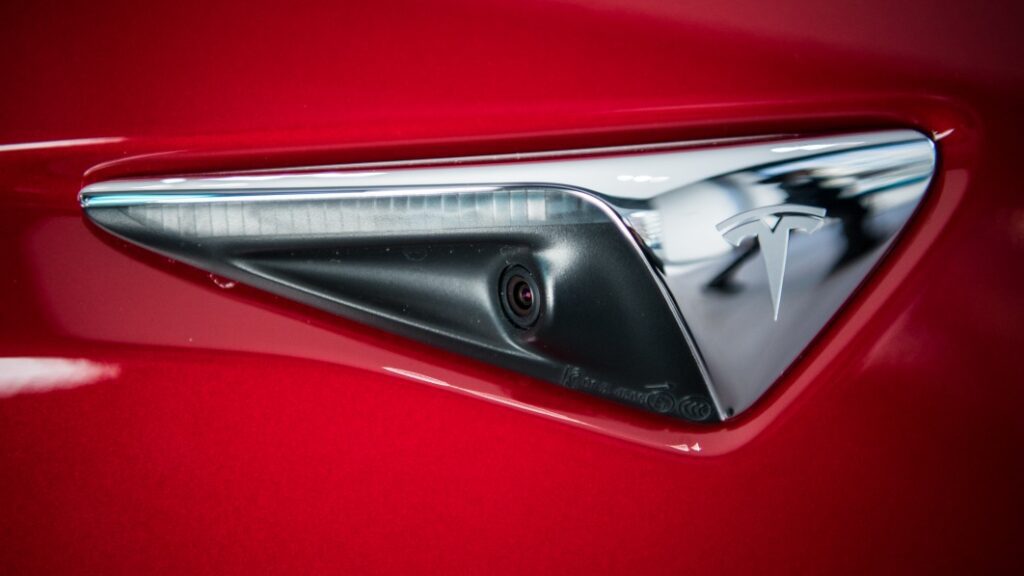Tesla hit with class action lawsuit over alleged privacy intrusion

SAN FRANCISCO — A California Tesla owner on Friday sued the electric carmaker in a prospective class action lawsuit accusing it of violating the privacy of customers.
The lawsuit in the U.S. District Court for the Northern District of California came after Reuters reported on Thursday that groups of Tesla employees privately shared via an internal messaging system sometimes highly invasive videos and images recorded by customers’ car cameras between 2019 and 2022.
The lawsuit, filed by Henry Yeh, a San Francisco resident who owns Tesla’s Model Y, alleges that Tesla employees were able to access the images and videos for their “tasteless and tortious entertainment” and “the humiliation of those surreptitiously recorded.”
“Like anyone would be, Mr Yeh was outraged at the idea that Tesla’s cameras can be used to violate his family’s privacy, which the California Constitution scrupulously protects,” Jack Fitzgerald, an attorney representing Yeh, said in a statement to Reuters.
“Tesla needs to be held accountable for these invasions and for misrepresenting its lax privacy practices to him and other Tesla owners,” Fitzgerald said.
Tesla did not immediately respond to Reuters request for comment.
The lawsuit said Tesla’s conduct is “particularly egregious” and “highly offensive.”
It said Yeh was filing the complaint “against Tesla on behalf of himself, similarly-situated class members, and the general public.” The complaint said the prospective class would include individuals who owned or leased a Tesla within the past four years.
Reuters reported that some Tesla employees could see customers “doing laundry and really intimate things. We could see their kids,” citing a former employee.
“Indeed, parents’ interest in their children’s privacy is one of the most fundamental liberty interests society recognizes,” the lawsuit said.
The lawsuit asks the court “to enjoin Tesla from engaging in its wrongful behavior, including violating the privacy of customers and others, and to recover actual and punitive damages.”
Related video:




